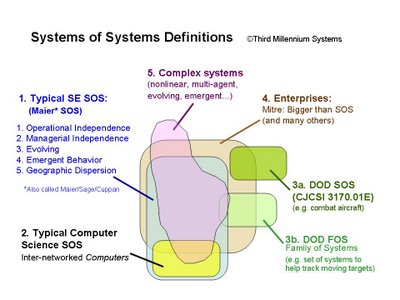Sarah's Theory of Euphemisms
So now the word "facilities" is a euphemism for bathrooms?
Do you know there is NO word for toilet that is not a euphemism, except one that starts with "S" and ends with "can"? All other words, including toilet, are euphemisms..."toilet" used to mean what is now a fairly rare meaning: The act or process of dressing or grooming oneself. What happened?
Well the thing is, we use euphemisms because we really don't want to think about bodily functions. So we use words that mean something else, like "grooming onesself" or "powder room" or "bath" room in place of a word we all know means "room in which one engages in bodily functions."
This works for a while, but then, everyone starts using the former euphemism, and it becomes really clear that the word "toilet" no longer is referring to dressing or grooming, but rather to a porcelain piece of plumbing. Then, it is too obvious what it means, and saying the word feels gross. So we have to invent a new euphemism.
So one euphemism now is "facilities." I predict it's not long until one can't say the word "facilities" anymore, because people will hear it and instead of thinking of sheds and docks and pipes and roofing, they will think of porcelain fixtures, or worse, what one does on them.
Another new euphemism is the word "gender". Back in my day (yeah, I know, I sound a hundred years old) the word for "f*ing" was "sexual intercourse". "Sex" meant male or female. But we used it, partly because it's a lot shorter and probably partly as a euphemism, and now it means "sexual intercourse." So the word is "gross" and we have to look to Latin grammar to come up with another word that asks the question "male or female?"
Actually in Latin, gender did not mean male or female, evidenced by the fact that agricola, which is a male farmer, is a feminine word. In Latin, gender ONLY refers to masculine case or feminine case. But we *need* a euphemism so that people don't answer the question, "Sex?" on questionnaires with "Yes." So we use gender as a euphemism.
Don't be surprised that politicians come up with new words too...the Department of Defense actually replaced Department of War, but now "defense" means "war".
Another lesson: if you want to say something politely, create a euphemism, but if you're successful in getting it adopted widely, it will have a short half-life, and you'll have to invent a new euphemism.
I would appreciate comments on other euphemisms that have evolved, where new ones are taking their place because the old ones are now gross.


